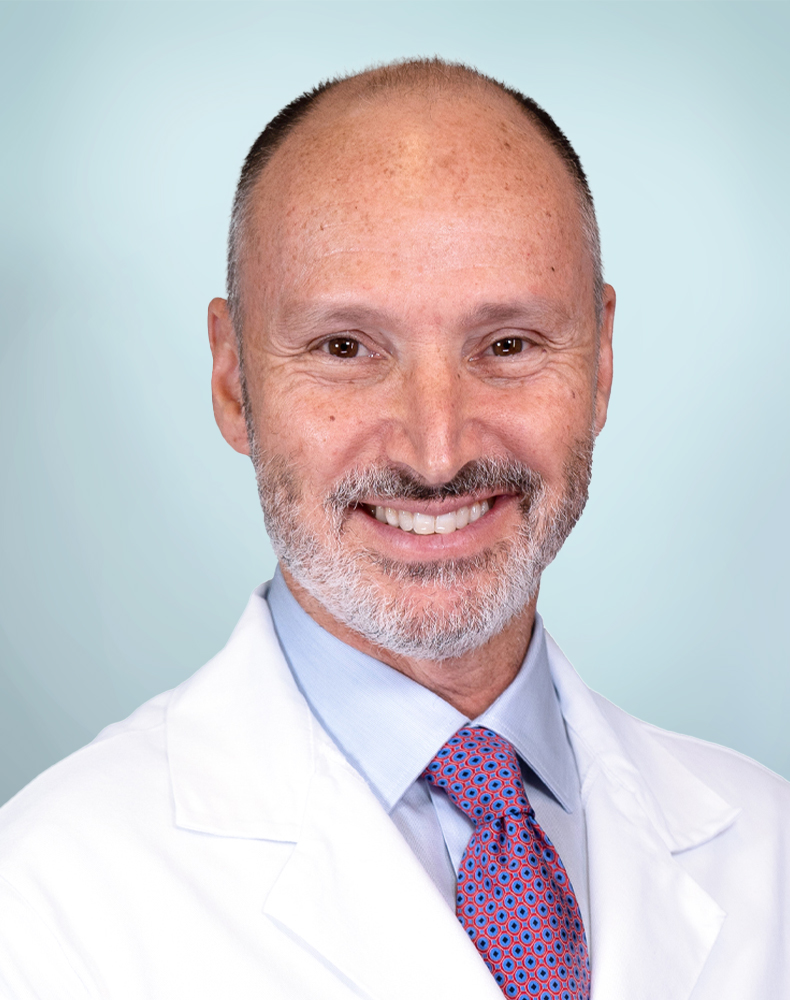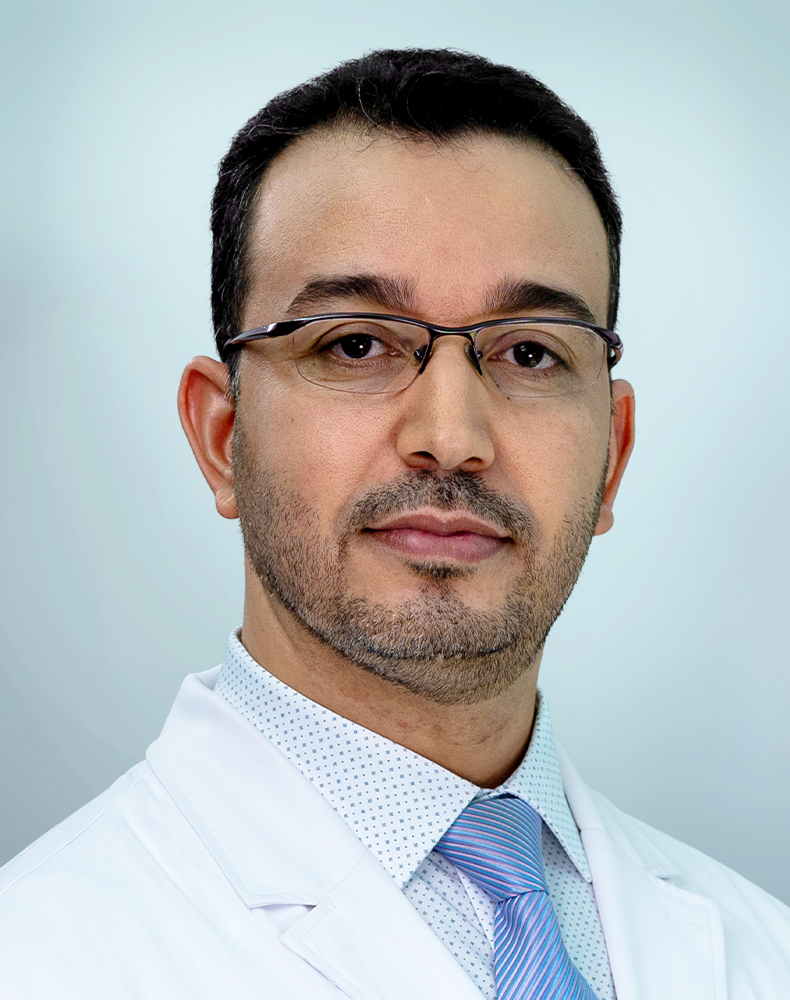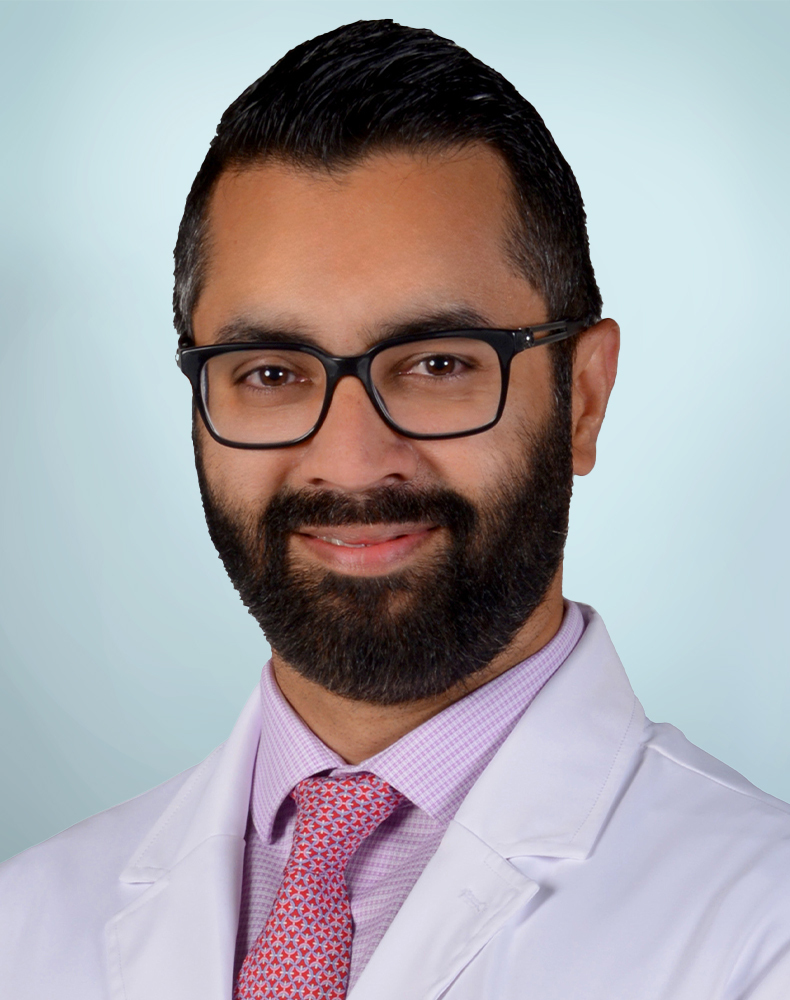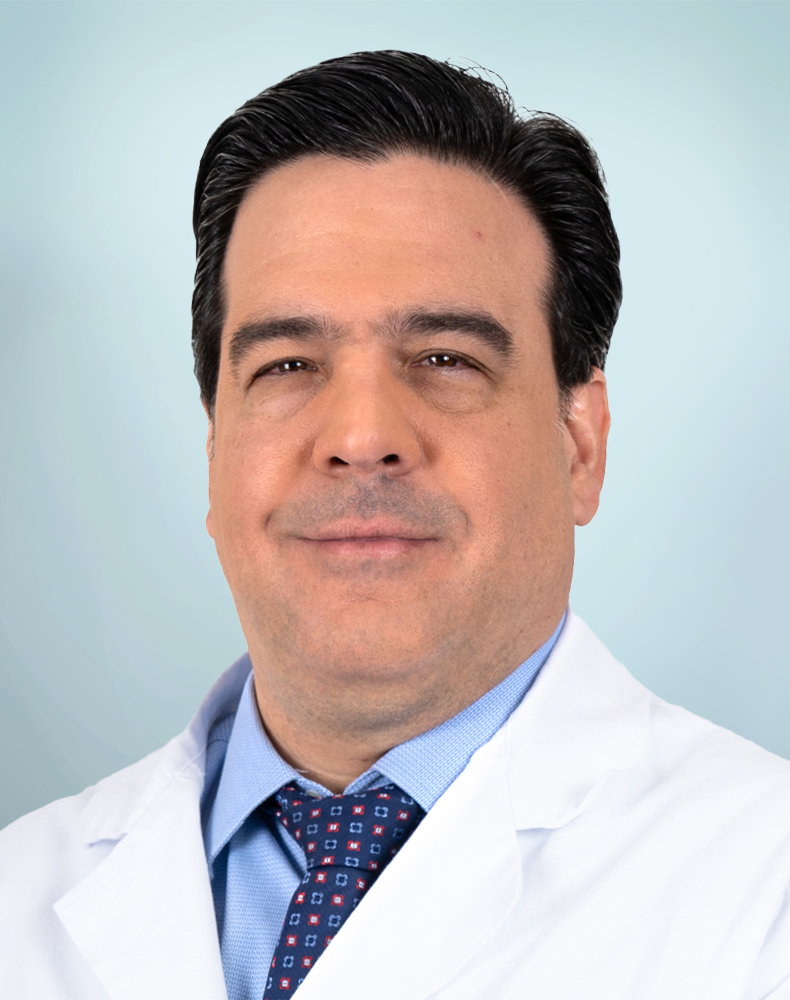Esophageal Disorders
We can diagnose and treat many types of esophageal disorders, from GERD and achalasia to tumors.
Food and liquids travel from your throat to your stomach through a tube called the esophagus.
Problems in your esophagus can range from mildly annoying conditions to serious diseases. If you have signs of an esophageal disorder, it’s important to seek medical attention. Early diagnosis and treatment can relieve symptoms and prevent long-term complications.
The thoracic surgeons at Memorial Healthcare System diagnose and treat every esophageal disorder, from simple to complex. We have extensive experience and advanced equipment to quickly and accurately diagnose your condition. We then create a comprehensive treatment plan, which may include medications, lifestyle counseling, swallowing therapy and surgical options.
Call to schedule an appointment with one of our thoracic surgeons:
954-265-1125Symptoms of Esophageal Disorders
The signs and symptoms of esophageal disorders vary from person to person. You may not experience any symptoms, or you may have several daily symptoms.
Our experts can help diagnose what causes esophageal disease symptoms, such as:
- Trouble swallowing (dysphagia)
- Hoarse or raspy voice
- Indigestion or heartburn
- Pain in your chest, throat or abdomen
- Sore throat, cough or constant need to clear your throat
- Vomiting or regurgitating food, or feeling like you have to
- Weight loss
Esophageal Disorders We Diagnose and Treat
Our thoracic experts treat every esophageal disorder, from common problems to complex conditions, including:
This condition makes it difficult for food and liquid to pass through your esophagus to your stomach. You may often have the sensation that food is stuck in your throat. We offer the advanced diagnostic techniques necessary to correctly diagnose this condition and are experts at the various nonsurgical and surgical options to treat it.
This condition occurs when the lining of the esophagus changes. It can lead to esophageal cancer and should be monitored over time. If you have precancerous cells, our doctors will check your esophagus frequently so we can begin treatment before it becomes cancerous.
Noncancerous tumors or cysts can form along the esophagus, blocking it and causing symptoms. Surgery can remove these benign masses to clear the esophagus.
This type of cancer occurs when cells in the esophagus grow and divide out of control. Our surgeons work closely with doctors at the Memorial Cancer Institute to create a multidisciplinary, individualized care plan for you. Your treatment may include chemotherapy, radiation therapy and then surgery. Sometimes we may start with surgery. Or we may recommend using stents to control symptoms.
A diverticulum is a pouch that forms in the wall of the esophagus. Diverticula can develop in any part of the esophagus, from the top (Zenker’s diverticulum) to the bottom (epiphrenic diverticulum) and everywhere in between. Diverticula affect your ability to swallow and keep food down, sometimes causing symptoms such as bad breath and regurgitation. Our surgeons are experts at accurately diagnosing the problem and offering the most appropriate surgery to treat it.
Gastroesophageal reflux disease (GERD) can be very uncomfortable and lead to more serious conditions. Memorial offers several treatments and support to minimize GERD symptoms. We also offer surgical options when symptoms are severe and not controlled by medication, or if you want to avoid the long-term use of medication.
Learn more about GERD.
A hiatal hernia occurs when the stomach slides up through the hiatus into your chest. The hiatus is the gap between the chest and abdomen where the esophagus passes to enter the stomach. We offer multiple ways to diagnose and surgically correct a hernia and alleviate symptoms.
Learn more about hiatal hernia.
A stricture is a narrowing of the esophagus. It can occur after cancer treatment or because of reflux disease. We offer procedures to open or dilate the esophagus using balloons and stents.
When you seek diagnosis and treatment for esophageal disorders at Memorial, you receive comprehensive care. Your treatment may include coaching to implement effective lifestyle changes, medications and surgery. Our surgeons partner with a team of experts, such as nutritionists and swallowing therapists, to relieve your symptoms and improve your quality of life.
Call to schedule an appointment with one of our thoracic surgeons:
954-265-1125It matters to you. It matters to us.
Quality and Safety Data for Memorial Healthcare System
Our goal is to provide our patients with the information they need to make informed choices for themselves and their families.
View Quality and SafetyYou have a Right to Know About Prices
We want to give you the information you need to make important healthcare decisions, including the costs of our services.
View PricingMyChart Portal
View test results, schedule follow-up appointments, request prescription refills and more.
Login or Sign-up to MyChart
Patient- and Family-Centered Care
We treat patients and family members as partners in healthcare.










